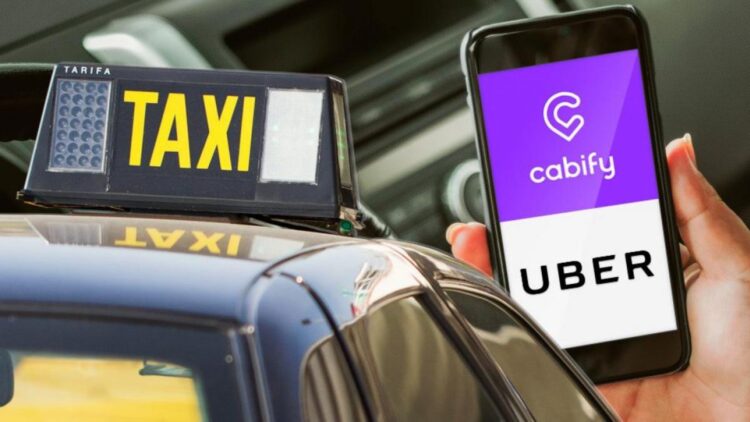North Carolina Introduces New 1.5% Tax on Uber and Taxi Rides

The North Carolina Revenue Department has announced a new tax initiative targeting private transportation services like Uber and city taxis. Effective from July 1, the state will impose a transport tax of up to 1.5% on each ride, regardless of whether the journey is completed. This measure aims to generate additional funds for the North Carolina Department of Transportation (NCDOT) to improve road infrastructure and other mobility-related projects.
The new tax structure differentiates between exclusive and shared rides. For private journeys or those with chosen companions, a 1.5% tax will be levied. In contrast, shared trips with unknown passengers will incur a 1% tax. This initiative reflects the state’s response to the growing reliance on ride-sharing services and the need for sustainable infrastructure funding.
Context and Background
North Carolina’s decision to tax ride-sharing services is part of a broader trend among states seeking new revenue streams to support transportation infrastructure. The NCDOT, responsible for maintaining state roads and managing public transport, relies heavily on taxes, including gasoline taxes, and federal funds. The introduction of this transport tax marks a significant shift in how the state plans to finance its infrastructure projects.
Uber, a leading player in the ride-sharing industry, has revolutionized urban mobility since its inception in 2009. Founded by Travis Kalanick and Garrett Camp, the company operates in over 900 metropolitan areas worldwide. It offers a convenient and often cheaper alternative to traditional taxis, with personalized services such as music preferences and in-car amenities.
Impact on Ride-Sharing Services
The new tax is expected to affect both drivers and passengers. For drivers, the additional charge may influence their earnings, while passengers could see a slight increase in ride costs. However, the state argues that the benefits of improved infrastructure will outweigh these costs.
According to the North Carolina Department of Revenue, the tax will be calculated based on the gross revenue of the service price. This means that the charge applies as soon as the passenger enters the vehicle, irrespective of whether the journey is completed.
Expert Opinions and Reactions
Transportation experts suggest that while the tax may initially face resistance, it could lead to long-term benefits for the state’s infrastructure. “Investing in road and transportation infrastructure is crucial for economic growth and public safety,” said Dr. Emily Carter, a transportation policy analyst. “This tax could provide the necessary funds to address current infrastructure challenges.”
Meanwhile, ride-sharing users have expressed mixed reactions. Some passengers appreciate the potential improvements in road conditions, while others are concerned about the additional costs. “I understand the need for better roads, but I’m worried about how this will affect my daily commute costs,” said Sarah Thompson, a frequent Uber user in Raleigh.
Looking Forward
The introduction of this tax represents a strategic move by North Carolina to secure funding for infrastructure improvements. As ride-sharing services continue to grow in popularity, the state is positioning itself to harness this trend for the public good.
Moving forward, the NCDOT plans to allocate the generated funds to various projects, including road repairs, bike lane expansions, and public transportation enhancements. The success of this initiative could serve as a model for other states grappling with similar infrastructure funding challenges.
As the new tax takes effect, both the state and its citizens will be watching closely to assess its impact on transportation services and infrastructure development. The coming months will reveal whether this approach effectively balances the needs of the state with those of its residents.






